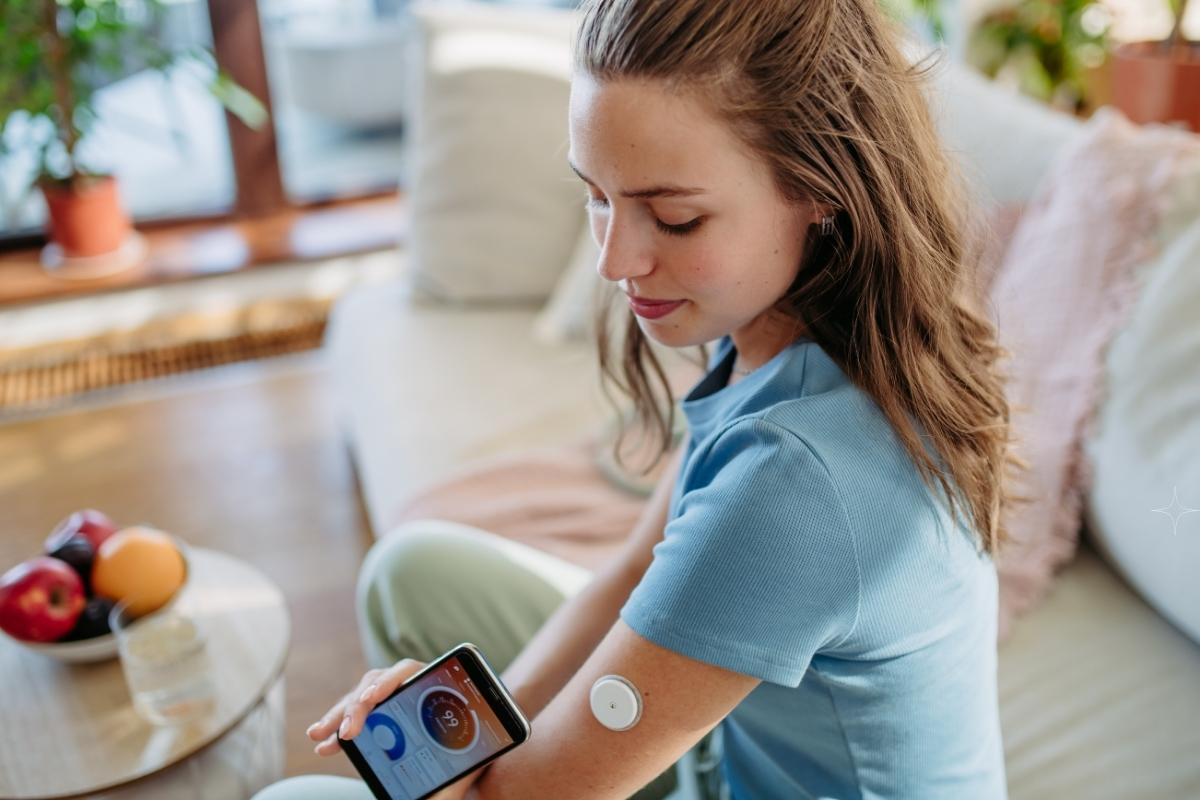Authors: Shilan Seyed Ahmadi, Klara Westman, Aldina Pivodic, Arndís F Ólafsdóttir, Sofia Dahlqvist, Irl B Hirsch, Jarl Hellman, Magnus Ekelund, Tim Heise, William Polonsky, Magnus Wijkman, Erik Schwarcz, Marcus Lind
Abstract
Objective: According to recent guidelines, individuals with type 1 diabetes should spend <4.0% of time per day with glucose levels <3.9 mmol/L (<70 mg/dL) and <1.0% per day with glucose levels <3.0 mmol/L (<54 mg/dL).
Research design and methods: In the GOLD randomized crossover trial, 161 individuals with type 1 diabetes treated with multiple daily insulin injections (MDI) were randomized to continuous glucose monitoring (CGM) or conventional therapy with self-monitoring of blood glucose (SMBG) and evaluated over 16 months. We estimated the association between time spent in hypoglycemia and various mean glucose and HbA1c levels.
Results: Time spent in hypoglycemia (<3.9 mmol/L and <3.0 mmol/L) increased significantly with lower mean HbA1c and mean glucose levels during both CGM and conventional therapy. During CGM, 24 (57.1%) individuals with HbA1c <7.5% (<58 mmol/mol) had <1.0% time spent in hypoglycemia <3.0 mmol/L and 23 (54.8%) had <4.0% time spent in hypoglycemia <3.9 mmol/L. During CGM, mean time spent in hypoglycemia for individuals with mean HbA1c 7.0% (52 mmol/mol) was estimated to be 5.4% for <3.9 mmol/L and 1.5% for <3.0 mmol/L. The corresponding values during SMBG were 9.2% and 3.5%, respectively. Individuals with mean glucose levels of 8 mmol/L spent 4.9% units more time with glucose levels <3.9 mmol/L and 2.8% units more time <3.0 mmol/L during SMBG compared with CGM.
Conclusions: Reaching current targets for time in hypoglycemia while at the same time reaching HbA1c targets is challenging for patients with type 1 diabetes treated with MDI both with CGM and SMBG monitoring. However, CGM is associated with considerably less time in hypoglycemia than SMBG at a broad range of HbA1c levels and is crucial for patients with MDI treatment if they are to have a chance to approach hypoglycemia targets.
